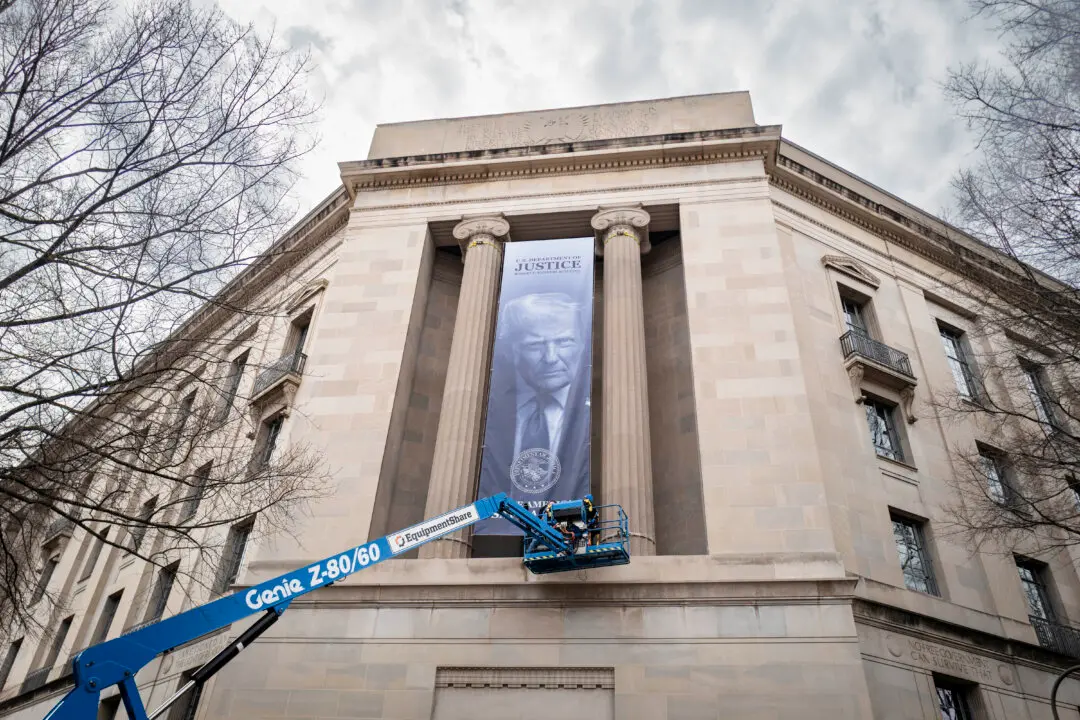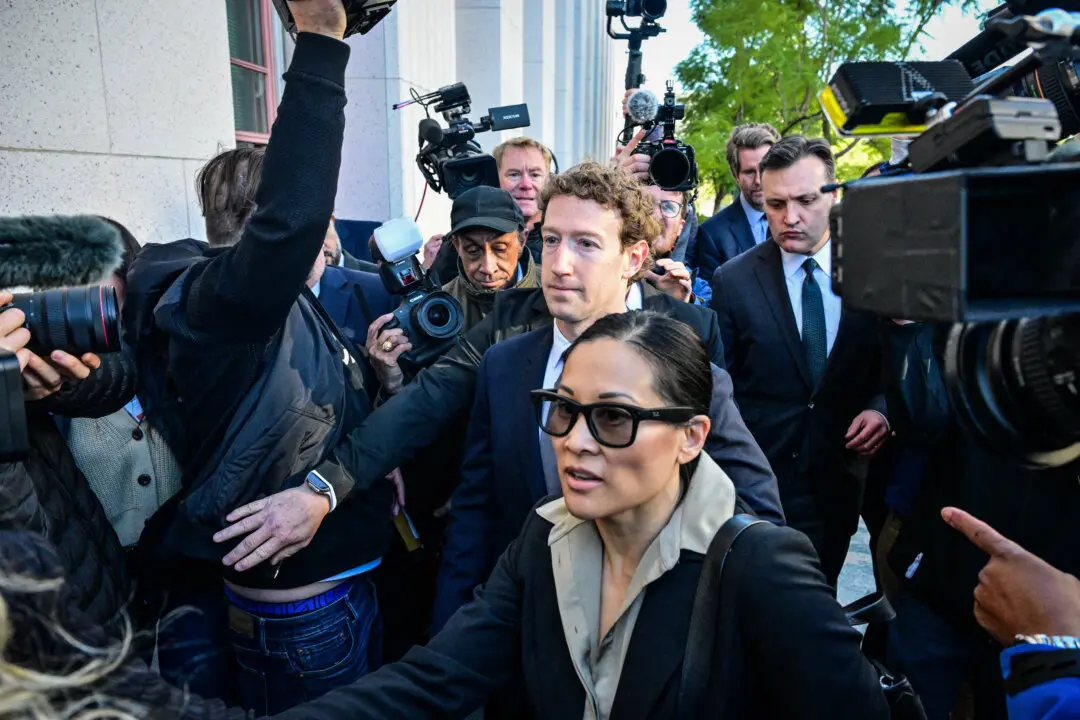GOP DEBATE TAKEAWAYS
Just weeks ahead of the Iowa caucus, four Republicans who aren’t named “Donald J. Trump” made their final pitch of 2023. Think of the debate (or perhaps the closing statements) as an early Christmas gift.
The spectacle in Tuscaloosa, Alabama was among the more disciplined this cycle—though, as compared with NBC debate that took place early last month in Miami, things seemed a little more raucous. Candidates sometimes talked over each other, and the crowd did not hesitate to applaud, cheer, and jeer.
“Here’s your donor puppet-masters wielding their puppet right up here tonight,” businessman Vivek Ramaswamy said when the audience booed at his accusation that former U.N. ambassador Nikki Haley is “using identity politics more effectively than Kamala Harris.” (She has accused him of having “a woman problem.”)





